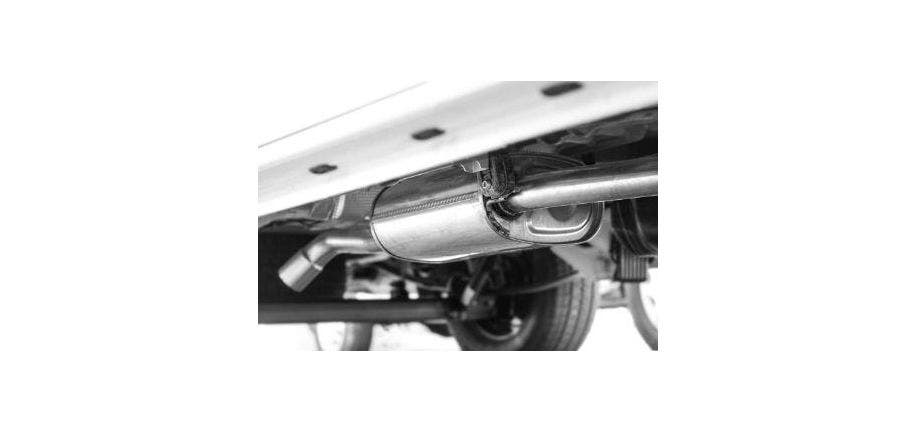Your car's engine is a marvel of modern engineering, a symphony of precisely machined parts working in perfect harmony. But like any intricate system, it relies on a vital, yet often overlooked, component: the oil pump. This unsung hero silently safeguards your engine by continuously circulating clean oil, reducing friction, wear, and ultimately, preventing catastrophic failure. However, a failing oil pump can throw this delicate balance into chaos, leading to a range of concerning symptoms.
Understanding the telltale signs of a bad oil pump empowers you to diagnose potential issues early and prevent costly engine damage. This guide delves into the world of bad oil pump symptoms, also known as signs of a bad oil pump and failed oil pump symptoms, equipping you with the knowledge to protect your vehicle's heart.
The Engine's Lifeline: Understanding the Oil Pump's Role
The oil pump acts as the engine's circulatory system. It sucks oil from the oil pan, a reservoir at the bottom of the engine, and pressurizes it before forcing it through a network of channels. This pressurized oil reaches every critical engine component, creating a lubricating film that minimizes friction and wear. The oil also carries away heat, preventing overheating and ensuring optimal engine performance.
Common Symptoms of a Bad Oil Pump
A malfunctioning oil pump can manifest in several ways, each a warning sign that your engine's health is at risk. Here are some of the most common bad oil pump symptoms to watch out for:
- Illuminated Oil Pressure Warning Light: This is the most obvious indicator. Most vehicles have an oil pressure warning light, typically a red oil can symbol, that illuminates when the sensor detects abnormally low oil pressure. However, a faulty sensor itself can trigger the light, even if actual oil pressure is adequate.
- Erratic Engine Performance: In some cases, a failing oil pump can't deliver the necessary oil pressure, leading to a lack of lubrication and increased friction. This can manifest as:
- Rough idling: The engine vibrates excessively at idle speed.
- Reduced power and acceleration: The engine feels sluggish and struggles to maintain power.
- Engine knocking or ticking sounds: These metallic sounds can indicate metal-on-metal contact due to inadequate lubrication.
- Stalling or difficulty starting: The engine may stall unexpectedly or exhibit difficulty starting due to insufficient oil circulation during cranking.
- Overheating: Oil not only lubricates but also carries away heat. A bad oil pump can restrict oil flow, leading to a buildup of heat and potential engine overheating. Keep an eye on your engine temperature gauge, and never ignore signs of overheating.
- Metal Shavings in the Oil: During normal operation, some engine wear generates minuscule metal shavings. However, excessive metal shavings in the oil during an oil change can be a sign of significant internal wear caused by a lack of lubrication.
Diagnosing and Fixing a Bad Oil Pump
If you experience any of these symptoms of a bad oil pump, it's crucial to address the issue promptly. Here's what to do:
- Visual Inspection: Check for any leaks around the oil pump or oil filter housing. While not a definitive diagnosis, leaks can indicate potential problems.
- Oil Change and Inspection: Schedule an oil change and ask the mechanic to inspect the used oil for abnormal metal shavings or signs of excessive wear.
- Oil Pressure Test: A qualified mechanic can perform a manual oil pressure test using a specialized gauge. This provides a direct measurement of actual oil pressure, bypassing the sensor and confirming the pump's functionality.
Replacing a bad oil pump can be a complex process, often requiring specialized tools and expertise. Consulting a qualified mechanic is highly recommended for this repair.
By recognizing the symptoms of a bad oil pump and taking prompt action, you can prevent significant engine damage and keep your car running smoothly for years to come. Remember, preventive maintenance, including regular oil changes and filter replacements, plays a crucial role in ensuring a healthy oil system and a long lifespan for your engine.
PartsHawk: Your Partner in Engine Healthpen_spark
Fortunately, PartsHawk is here to help you maintain your engine's health. As a trusted source for high-quality car parts, PartsHawk offers a comprehensive selection of oil pumps for various vehicle makes and models. Their user-friendly website allows you to easily search for the exact oil pump your car needs, ensuring a perfect fit.
For all your car part needs, including oil pumps, visit PartsHawk today and discover the difference quality parts and exceptional service can make!























